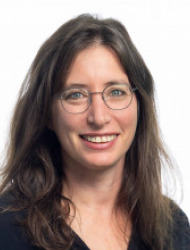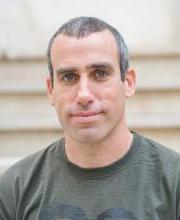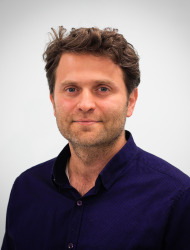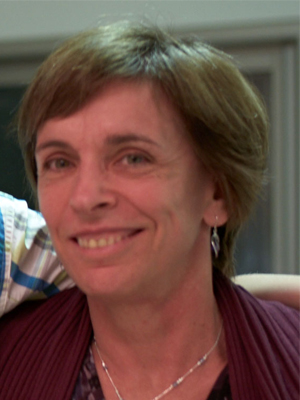ELSC Program in Theoretical Neuroscience.
Deciphering the mysteries of the brain and finding effective cures for its dysfunctions are among society’s most daunting challenges. Computational and theoretical neuroscience plays a crucial role in addressing these challenges, as recognized by the award of the 2024 Lundbeck Brain Prize to pioneers Larry Abbott, Terry Sejnowski, and Haim Sompolinsky. The Hebrew University has long been a global leader in a multidisciplinary approach to neuroscience and particularly a pioneer in computational neuroscience. The Interdisciplinary Center for Neural Computation (ICNC), established in 1992, laid the groundwork for interdisciplinary brain research at the Hebrew University. In 2009, it was succeeded by the Edmond and Lily Safra Center for Brain Sciences (ELSC), which is committed to the vision of advancing our understanding of brain function through collaboration across biological, cognitive, behavioral, computational, and theoretical neuroscience. The ELSC Program in Theoretical Neuroscience serves as the integrative core linking various levels of brain research, from molecular and genetic levels to human behavior. Theoretical research here is driven by both experimental data and the perspective of brain functions as neural computations, incorporating ideas from statistical physics, dynamical systems, mathematics, and computer science.
ELSC:

Yoram Burak
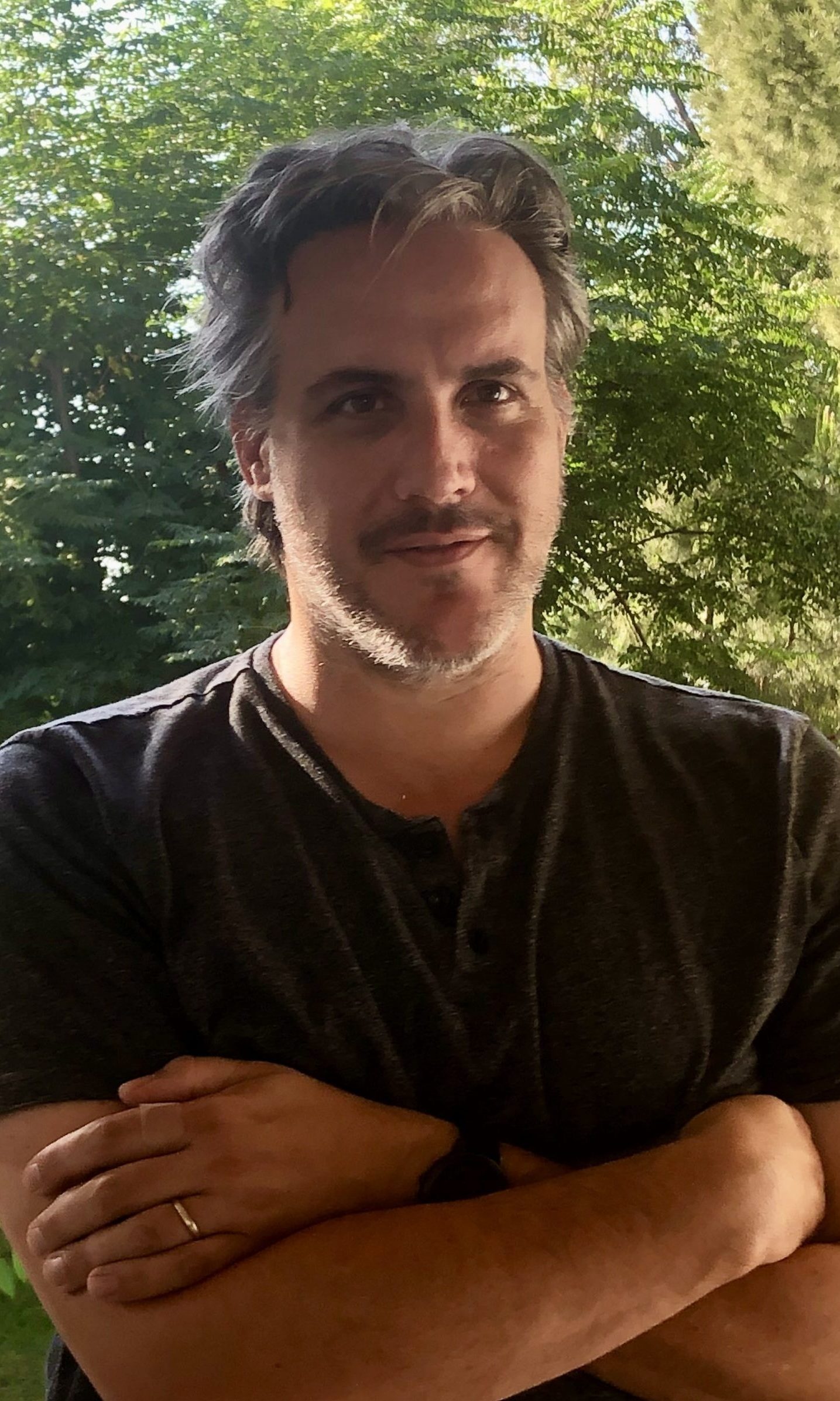
Jonathan Kadmon
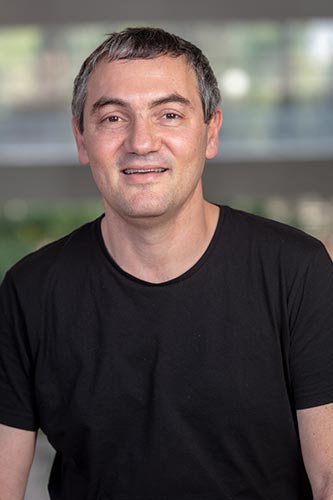
Yonatan Loewenstein
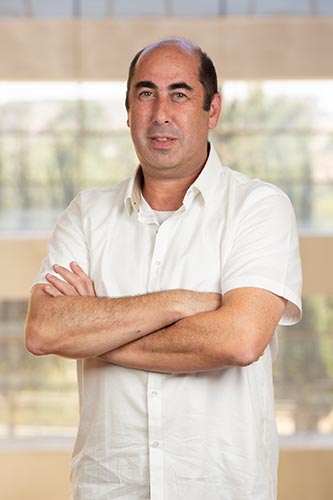
Mickey London
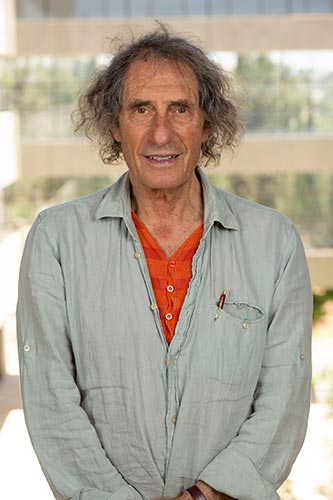
Idan Segev
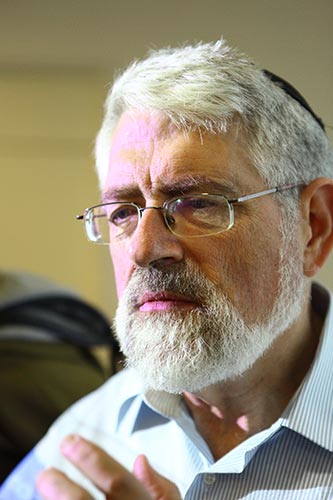
Haim Sompolinsky

Yair Weiss
HUJI:
Research:
Theoretical and computational research at ELSC focuses on developing models of neural computations at the levels of single neurons and large-scale circuits using rigorous methods from various scientific fields. These models are applied to experimental data in collaboration with both biological and cognitive disciplines. Recent advancements in large-scale high-precision data and the emergence of Deep Learning and AI have led to foundational theories of neural learning, memory, visual processing, spatial navigation, human intelligence, language processing, and psychiatric disorders. Insights from natural intelligence have also inspired new methodologies for advancing deep learning algorithms
International Collaboration:
ELSC theorists collaborate extensively with laboratories at Hebrew University and internationally, including the Gatsby Unit in London, Columbia University, Harvard, MIT, CNRS, Max Planck Institutes, Kavli Institute, EPFL, UCL, Universities of Amsterdam, Mainz, Berlin Charité, Julich, UC Berkely, Stanford University.
Outreach:
NeuroBridges, initiated by ELSC theorist Yonatan Loewenstein, brings together students and young researchers from the Middle East to study computational and cognitive neuroscience in an annual summer school, fostering scientific dialogue across cultural, ethnic, and political divides.
Funding:
Generous grants from the Gatsby Charitable Foundation over the past fifteen years have been crucial to the success of ELSC’s Theoretical Neuroscience Program. Additional funding sources include the Israel Science Foundation (ISF), Binational Science Foundation (BSF), European Research Council (ERC), National Institutes of Health (NIH), and Office of Naval Research (ONR). These resources support the recruitment of computational neuroscientists, research collaborations, and the development of computing resources essential to modern computational neuroscience research.
Training:
ELSC offers a diverse academic training program, including a five-year direct Ph.D. program and postdoctoral training, anchored in computational neuroscience and covering all aspects of brain sciences. Theory courses, taught by members of the Program include dynamical systems, neural circuit dynamics, neural code, neural learning, and computational methods. The program features special tutorials, hackathons, and hands-on research experience in experimental and computational labs. Graduates hold faculty positions globally and key leadership roles in high-tech and biotech industries. A successful visitor program hosts international students and postdocs for extended research and training.
